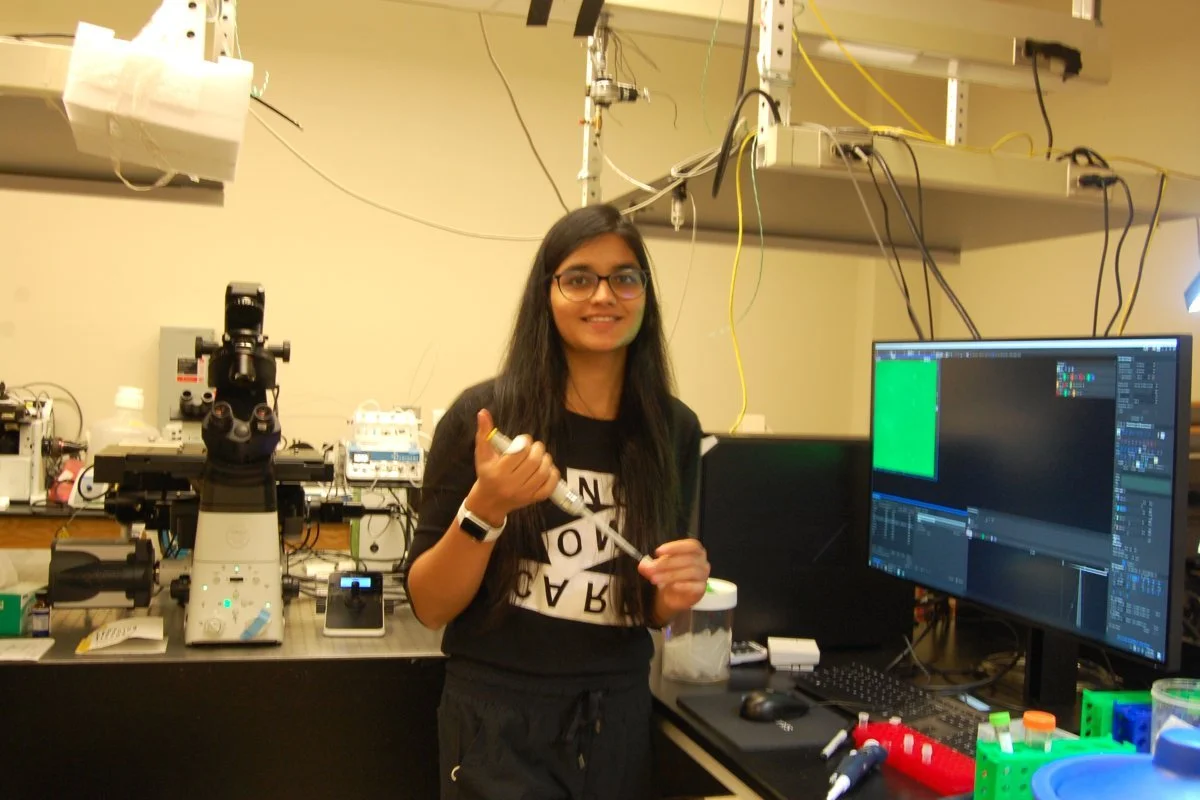Why won’t they let a scientist do science without a last name?
By Heidi Ulrichs
Arya Ankita
What’s in a name? Well, Ankita wouldn’t know, she doesn’t have a last name. Though having a singular name surely has its benefits. Look at Cher and Madonna. But what about a woman in science? Can you publish without a last name?
Ankita, a PhD candidate at Emory University, was born in a conservative rural town in India without a last name— due to a previous familial caste discrimination. But not having a last name came with many obstacles to her. Ankita, however, has not let a name, or lack thereof, dissuade her as she navigated moving from India to the U.S. in pursuit of her dream: becoming a successful scientist.
As teachers themselves, Ankita’s parents understood how education creates opportunities for better jobs, improved quality of life, and greater prospects for exceptional arranged marriages. At the age of 21, Ankita received and rejected her first arranged marriage proposal, sparking round one of heated arguments with her parents. Ankita was faced with two options: succumb to cultural norms of marriage and give up on her career goals or face familial and cultural backlash to pursue her dream of becoming a scientist. After thoughtful consideration, Ankita decided her life would be incomplete if she did not pursue her passion for science.
In the face of cultural and parental pushbacks, Ankita found a mentor she could trust. Her mentor was a scientist, a woman, and an academic professional who understood the challenges Ankita would face. Recognizing Ankita’s resilience, curiosity, and passion for science, Ankita’s mentor advised her to take the next steps to pursue a PhD. This mentor not only inspired Ankita but cheered her on. She was the only person to celebrate when she got into multiple internationally recognized PhD programs. Ankita’s family and community did not support her decision, even though they championed her male colleagues pursuing the same degrees.
Ankita Arya
Ankita accepted a position at Emory University and is currently a fifth-year physics PhD candidate. She chose a PhD program in the U.S. for the quality of the education. She especially looked forward to working with more women scientists, as she was one of two in her class in India. Upon arriving in the U.S, the excitement wore off quickly when she faced a new and unexpected hurdle: the U.S. system is built for people with two names; a first and a last. This led to challenges both personally and professionally since two names are needed for everyday necessities like “applying for a bank account, enrolling in a university, and getting a driver license,” to name a few. After years of struggling with one name, she decided to pick a caste-neutral last name – Arya. A new name symbolizing freedom from systemic discrimination in both India and the U.S.
Even in the face of adversity, Ankita has remained persistent, optimistic, and “hell bent” on pursuing her goal of challenging the patriarchal society by mentoring young women scientists, promoting women’s education, and adding to the betterment of society through scientific discovery. Ankita’s advice to young women scientists is to “just keep your dreams alive, do things you're interested in, and take an extra step to achieve your dream because it's not going to be easy, especially if you're a woman.”
Ankita is now wrapping up her PhD, has 3+ publications, and is transitioning into a postdoctoral researcher. She does community outreach through the Association for Women in Science and promotes inclusive and supportive environments for new students in her department as the president of the Young Emory Physicists. Her family has now accepted her career path and understands how higher education can be invaluable to women, including ways that are more than simply making them better marriage prospects. They are now ready to see what choices Dr. Ankita Arya, their defiant child, will make for herself.
